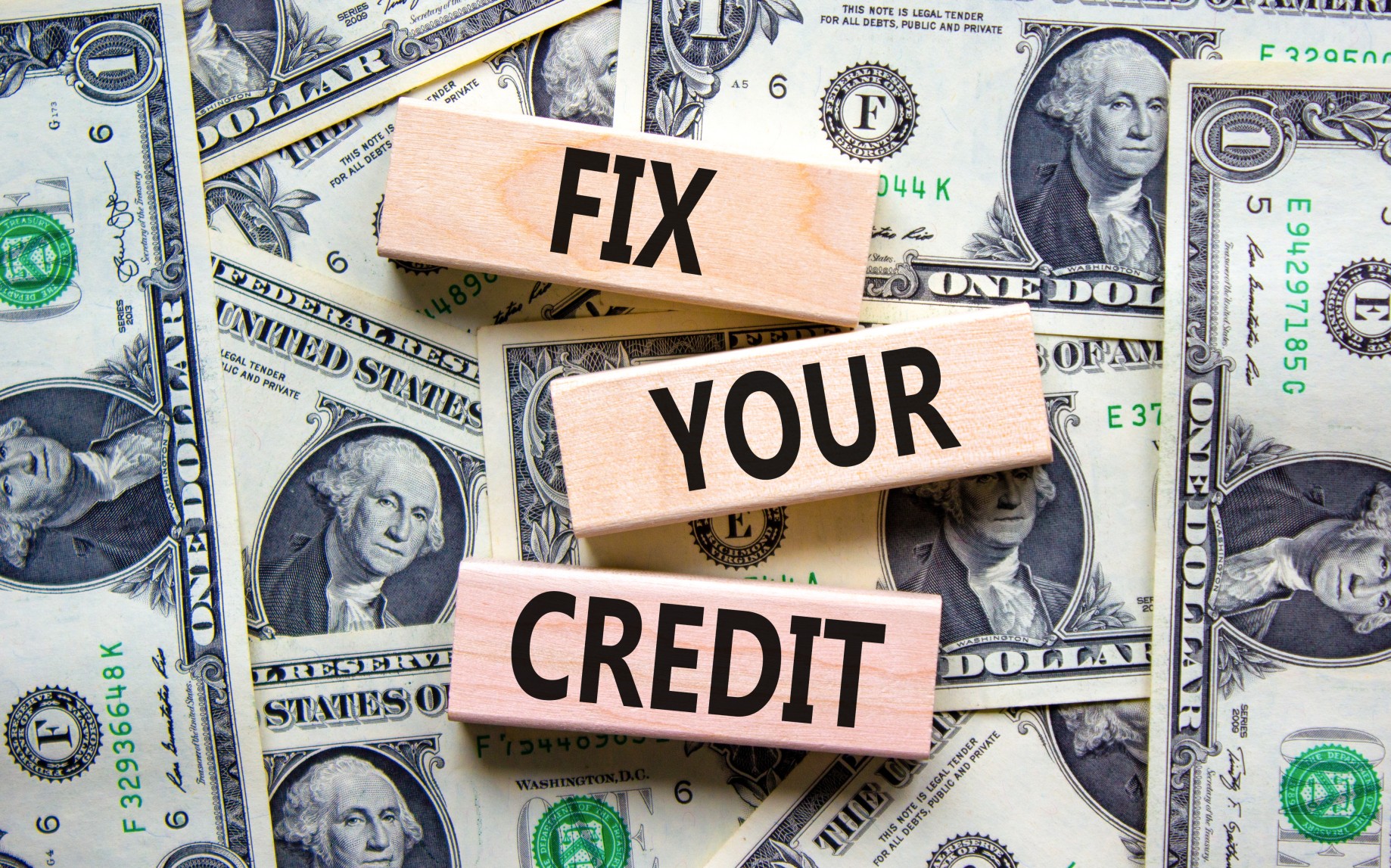How you can repair your finances in 2023
Plan carefully, use rewards, get out of debt, and eat out less often

Happy days are not here again—at least when it comes to most Americans and their personal finances.
They see the year ahead as being economically tough, even worse than 2022 was.
Read More »Their view is a far cry from 2021—just two years ago in the midst of the pandemic—when few believed the year ahead would be difficult to manage financially.
Signs of pessimism
Consider these findings in a recent poll conducted by OnePoll for shopping site Slickdeals:
• The number of people who say their new year’s resolution will include being wiser with their money has dropped sharply from those who made that resolution in 2021 and 2022.
• Those who resolve to be financially stable in 2023 also have fallen in number significantly from those who set a similar goal back in 2021.
• One in 10 say they were so frustrated during 2022 they are not even bothering to make any resolutions for the year ahead.
Blame rising costs
The blame for this despairing attitude, unsurprisingly, is inflation which is a cause of worry for four in five Americans. They say rising prices will be a major setback for them on the way to achieving their financial goals in 2023.
Similarly, having to pay more bills, high gas prices, and the ongoing ripples from the pandemic are other factors that play into the gloomy outlook.
The latest poll also saw a new worry: Many are being forced to postpone buying big-ticket items as a result of inflation. The biggest delayed purchases are clothing, new telephone services, cars, new computers, and renovation projects.
Then there is all that talk about recession that is being bandied about.
It all looks like an uphill climb against unrelenting forces that you cannot control.
There is a way out
If you recognize yourself among those people, be assured it does not have to be that way, suggests Louie Patterson, personal finance content manager for Slickdeals.
Instead of being pessimistic, he suggests, how about a financial reset?
People say they will feel “mentally better” if they know they have their finances under control, Patterson adds. Being stable financially will help you in other areas of your life as well.
Steps you can take
So how about it? If you are among the pessimistic crowd, here are steps you can take to repair your finances in 2023 and help to turn your pessimism into optimism. Following these steps could save you more than $300 a month.
• Create a monthly budget.
A key to any moves toward financial stability is to track your spending. Pay careful attention to every single cent you spend each month by setting up a budget that records your income and your expenses. Check your bank account and your credit cards regularly, every day if possible. That will help you to track where you are spending your money and where you can save money.
• Use rewards.
Make the best use you can of rewards programs, which are available all over the place these days. It might mean a little work, but check which credit cards offer you the best deals on items that your spend all the time, such as gas, groceries or drug store purchases. Use the right credit cards for the right purchases.
Make sure, of course, that the possibility of earning more rewards does not lead you into spending more money than you would otherwise have done.
• Seek out deals or coupons when shopping.
Using coupons can take careful planning. You might, for example, have a coupon that saves you $10 on a $50 purchase in the next week. Keep track of it and use it within the time limit to stock up on goods you need. Of course, never simply buy something in order to make up the total; better to ignore the coupon if you do not need to stock up on items from that store or if you do not have the money available to spend at that time.
The goal is to examine all coupons that are available to you and to select those that offer the best value. In particular, watch the expiry dates.
Let this be your guiding formula: Ensure you obtain the best products at the best prices at all times.
• Get rid of unnecessary bills.
Take a thorough look at all those monthly charges on your credit cards every month. Are they all providing you with value? You might have been paying, say, $11 a month for years for a TV streaming service that you never watch, or view only occasionally, for example.
Find enough of those unnecessary items and they will amount to a fairly sizeable savings every month.
• Work at getting out of debt.
Use any extra unexpected money you might receive—such as working overtime, doing an extra job for someone, or earning cash rewards—toward paying down your debt. If you can find a way from your regular income to pay down that debt, do so, even if it means denying yourself a little luxury.
Paying down your debt helps in two ways. It firstly reduces the amount of interest on your debt each month, bringing paying it off closer, and secondly once it is paid off it provides you with more money to spend each month.
• Eat out less often.
Dining out has become a lot more expensive in just the last year. Cut back on the number of times you eat out each month and you will be surprised how much you will save.
Also ask yourself whether you really need that expensive cup of coffee every day.
• Improve your credit scores.
By paying your bills on time every month and reducing your debt you can boost your credit scores.
• Invest money.
If you are able to do so, contribute as much as you can to a personal emergency fund. A good guide is an amount equivalent to six months income. If you lose your job or face a personal emergency that will help you to weather the storm.
Once you have established your emergency fund, contribute toward your retirement savings. You will be pleased you have done so when you do retire.
Some items that you have in storage might be valuable. Find a way to sell them online. Not only will you save space, but you also will have additional income that you can use toward paying down debt, investing in yoursefl, or in other creative ways.





